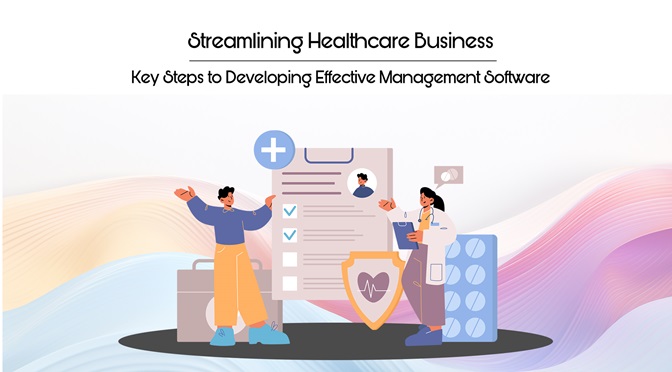In recent years the “mobile-first” trend grew big. Cross-device accessibility has been playing a great role in e-commerce businesses. With 40% of transactions in 2019 taking place on mobile devices, consumers are increasingly relying on their smartphones to shop online. In 2021, mobile e-commerce could rake in $3.5 trillion and makeup almost 73% of e-commerce sales.
The credit for this shift towards mobile could well be given to progressive web apps (PWAs) that provide the user experience of a native app.
In this post, we will delve into what PWAs are, illustrate its benefits for e-commerce businesses, and discuss how you can implement this technology for your website.
What is a PWA?
A progressive web app (PWA) is a technology that enables businesses to build web applications that have the look and feel of native mobile apps. This means that the customer can access information anytime, anywhere without having to download a mobile app. Simply put, a progressive web app is a mobile website that is capable of functioning as an app.
PWAs can be downloaded via any browser and installed on any device regardless of the technical characteristics. In general, websites are designed for informative purposes while progressive apps are meant to simplify tasks and solve problems. As purchasing can be considered the main task and goal for e-commerce websites, PWAs can be an awesome tool to accomplish it.
Benefits of PWAs
1. Reach a wider audience
A Progressive Web App is designed to work for every user, regardless of what platform and device they use. They can also be accessed instantly by a large audience and can be easily shared through a link which obviously takes less time than downloading an app.
2. Reduced costs
A native app requires not only development costs but also costs for app maintenance. In addition, to reach the same audience you have to create both Android and iOS apps. While PWAs demands no extra budget for developers and generate better ROI value at the same time.
3. Speed
Everyone wants to get a website’s content displayed with no delays and messages like ‘please wait, the page is loading’. The way PWAs deal with cache helps them avoid poor website performances by saving the structure of a website’s layout and reproducing it in a browser upon a user’s request. That’s how it saves vital seconds and makes a good pleasant impression of your website.
4. Accessibility
To access your online store, users don’t have to download the app from the App Store or Play Market. It’s a major benefit for users who do not always want to download apps because of additional time spent and lack of free space on mobile devices.
5. Better conversion
PWAs provide a better user experience which contributes to higher conversion rates. According to the case studies published in the TOP 30 PWAs report, for PWAs, the average conversion rate increase for mobile users was 36%.
6. Security of payments
When talking about online shopping, security is essential. With a PWA, it’s easy to integrate a payment API and provide instant and secure payments.
Challenges of PWAs for e-commerce
Despite all the advantages of PWAs, they are not flawless anyway. PWAs obviously has some limitations that should be taken into account.
- As PWAs refers to both apps and websites, they’re a bit more challenging to design and run.
- PWAs are not as popular as native applications and responsive websites, which means it may take more time to reach out to your end-users.
- Unlike native apps, PWAs usually don’t have access to users’ data.
- As PWAs are only half applications, their functionality is also limited.
When to develop a PWA for E-commerce?
As a business owner, you have to keep many factors in mind before deciding anything including implementing PWAs. Let’s consider the situations when introducing progressive web apps may be a better option.
- You’re on a tight budget and cannot afford to build a native application.
- You have a little time to market.
- Your e-commerce startup is at a nascent stage.
- The conversion rates on your website have decreased recently.
- You’d like to deliver a better experience for mobile users.
- You’re planning to redesign your e-commerce store, or you’ve already done this.
Tools to develop a PWA for your e-commerce site
Today there are many tools to build progressive web apps regardless of the framework you’ve chosen. Let’s look at some of them:
Vue.js
React
Angular
Angular doesn’t have tools to help you with PWA development, but you can refer to the documentation or tutorials to get started.
The lesson to take away
Progressive Web Apps promise a lot in the coming future. Benefits like the ease of use, lightweight functionality, and better browsing experience deter users from seeking alternative technologies.
PWAs wouldn’t guarantee a 100% success rate, nor would any solution commit to it. However, with deep analysis of your users’ behaviour, traffic, and their referring sources, it will be easier for you to make a decision about introducing PWAs to your e-commerce business or not.



